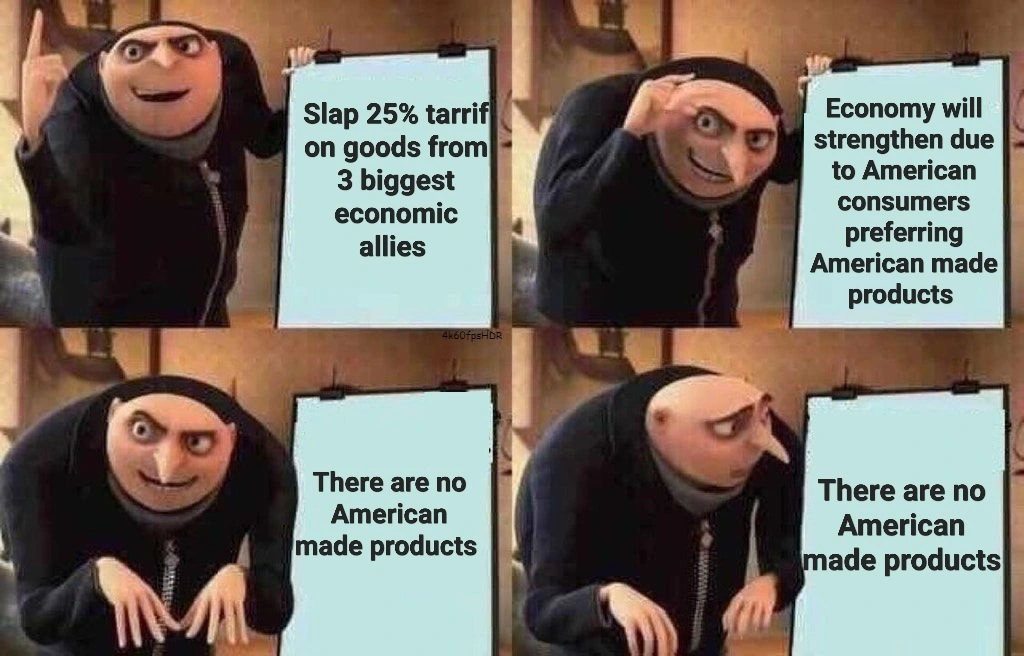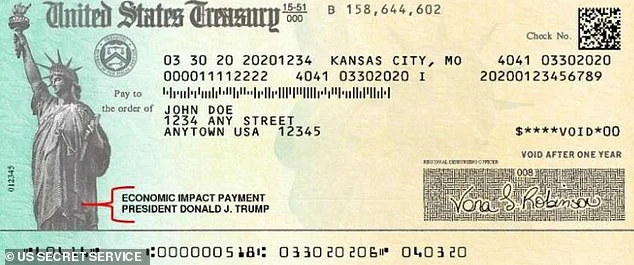Trump says Canada and Mexico to be hit with 25% tariffs on Saturday
Trump says Canada and Mexico to be hit with 25% tariffs on Saturday
Canadian oil will be hit with a lower levy of 10%, likely by mid-February, President Trump says.
Summary
Trump announced that 25% tariffs on imports from Canada and Mexico will take effect on February 1, though a decision on including oil remains pending.
He justified the move by citing undocumented migration, fentanyl trafficking, and trade deficits.
Trump also hinted at new tariffs on China.
Canada and Mexico plan retaliatory measures while seeking to address U.S. concerns.
If oil imports are taxed, it could raise costs for businesses and consumers, potentially contradicting Trump's pledge to reduce living expenses.



